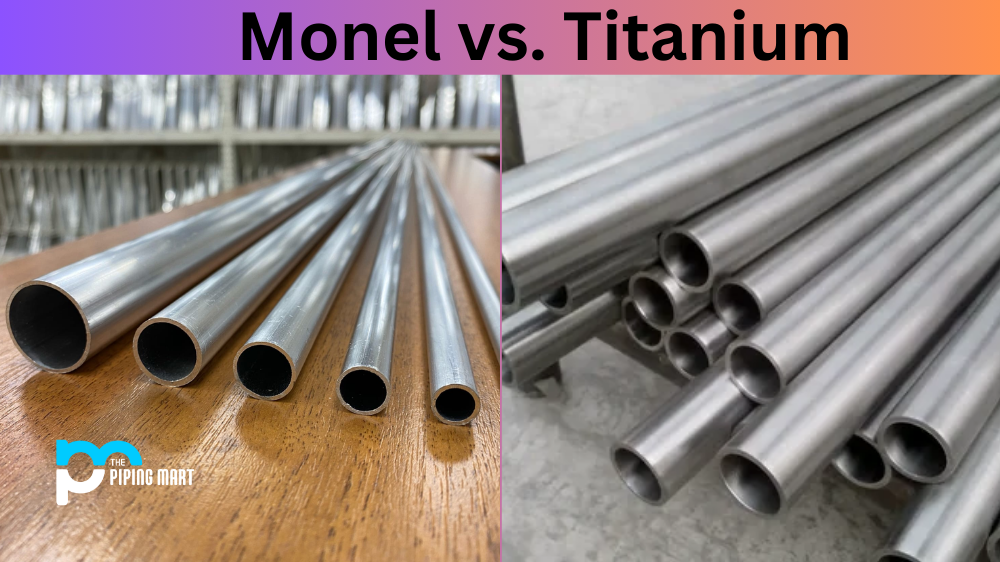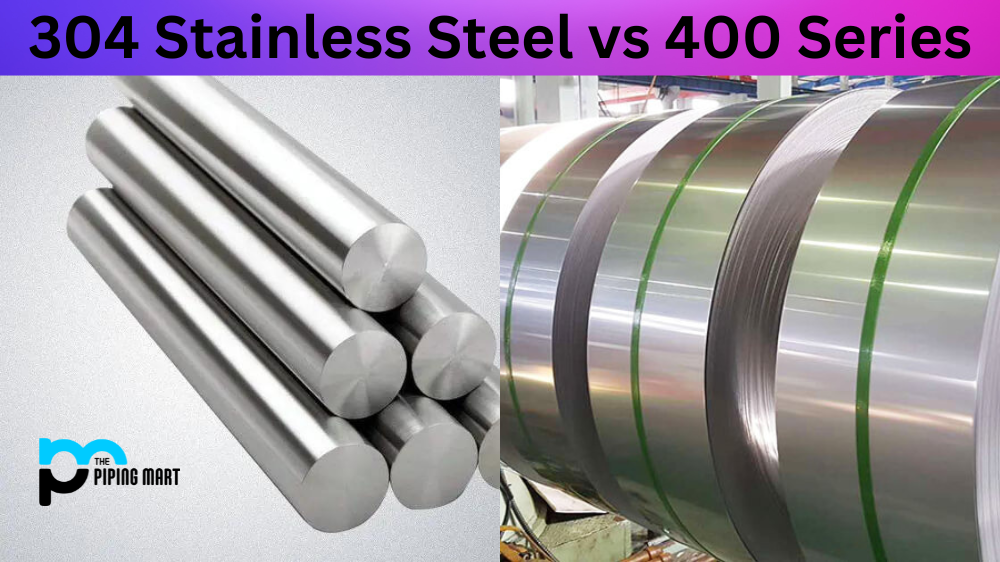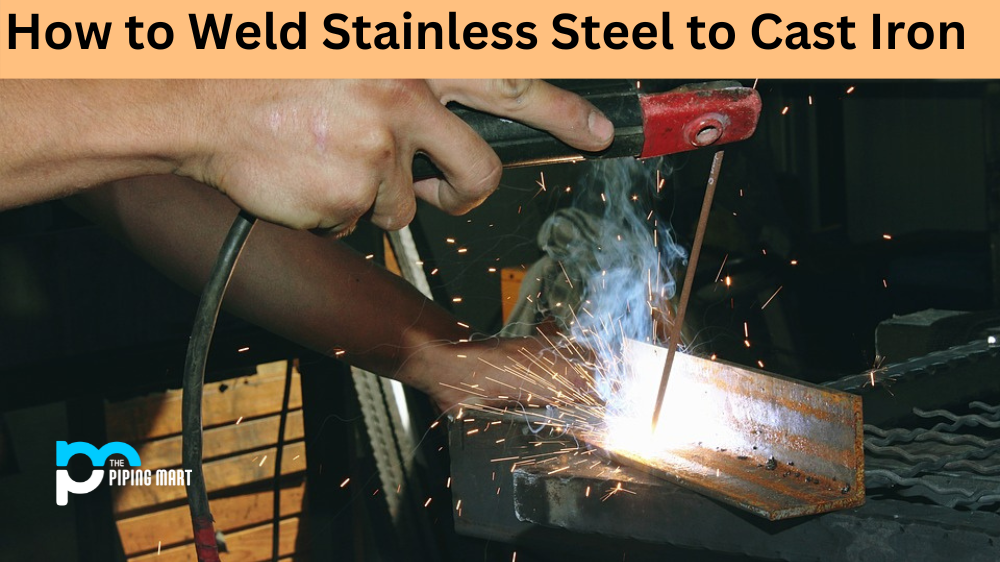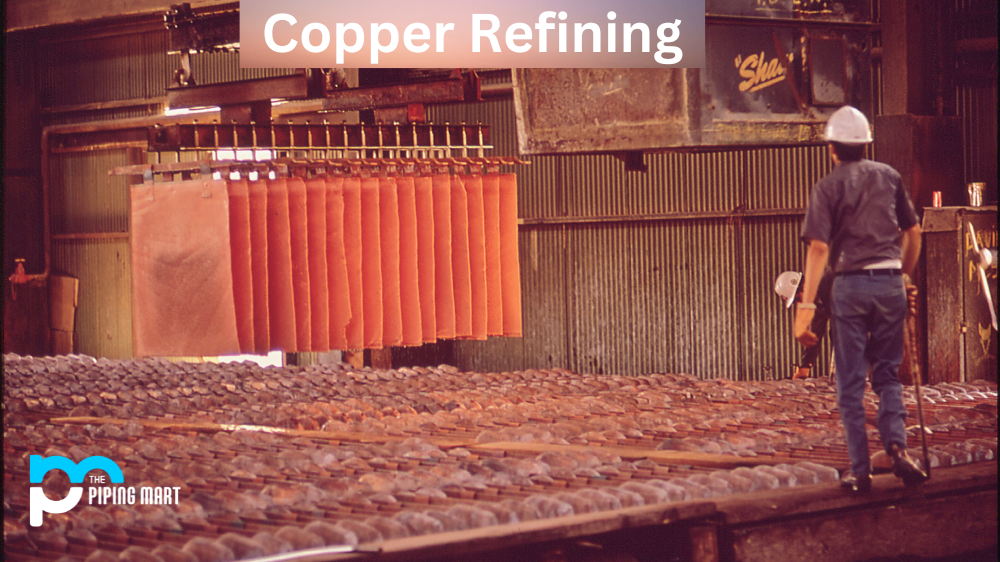Corrosion is a significant concern in various industries, including aerospace, chemical, and marine, where components must withstand harsh environments. Therefore, manufacturers use corrosion-resistant alloys, such as Monel and Titanium, to provide high strength and durability in hostile conditions. Choosing the right alloy can be challenging, but this article aims to compare monel and Titanium to help you make informed decisions.
Monel vs. Titanium: A Comparative Analysis of Corrosion-Resistant Alloys
1) Monel Overview
Monel alloys are copper-nickel alloys that are highly resistant to corrosion and have excellent mechanical properties. Monel alloys are widely used in marine applications, as they retain their hardness and strength in seawater and other harsh environments, making them ideal for manufacturing fasteners, pumps, valves, and marine exhaust systems. Monel alloys can also resist acids, alkalis, and some organic solvents. Monel comes in different grades, including the most common grades, 400 and K500.
Monel is a nickel-copper alloy first discovered by metallurgist Robert Crooks Stanley in 1901. This unique alloy comprises around 67% nickel and 30% copper, with small amounts of iron, manganese, and other elements.
One of the main reasons Monel’s popularity is its exceptional resistance to marine environments, making it a top choice for seawater applications such as shipbuilding, oil rigs, and underwater equipment. It also has excellent corrosion resistance in acidic and alkaline environments, making it desirable for chemical processing plants.
2) Titanium Overview
Titanium is a strong, lightweight metal with excellent corrosion resistance and biocompatibility. Titanium alloys are commonly used in aerospace, medical, and marine environments, where weight reduction, high strength, and biocompatibility are crucial features. The most popular titanium alloys are Ti-6Al-4V and Ti-6Al-2Sn-4Zr-2Mo. These alloys provide excellent corrosion resistance and superior strength-to-weight ratios compared to Monel alloys.
Titanium is a chemical element with the symbol Ti and atomic number 22. Its strong, lightweight metal has gained popularity due to its remarkable properties. This versatile material is widely used in various industries such as aerospace, automotive, medical, and everyday objects like smartphones.
One of the most impressive characteristics of Titanium is its exceptional strength-to-weight ratio. Despite being 45% lighter than steel, it has comparable strength, making it ideal for use in aircraft and spacecraft where weight reduction is crucial.
In addition to its strength, Titanium also boasts extraordinary corrosion resistance. It can withstand exposure to harsh environments without deteriorating or rusting, as most metals do. Its corrosion resistance makes it highly sought after for applications in marine environments and chemical processing plants.
3) Corrosion Resistance
Monel and Titanium alloys offer exceptional corrosion resistance in different environments. Monel alloys are highly resistant to saltwater and acids such as hydrochloric and sulfuric and have some resistance to alkaline solutions. In contrast, Titanium alloys are extremely resistant to all forms of corrosive attack in seawater, salt spray, and other corrosive environments. Ti-6Al-4V, specifically, exhibits superior corrosion resistance to Monel alloys.
4) Strength and Hardness
Monel alloys are also known for their high strength and hardness. They are tougher than steel and possess good ductility and tensile strength. However, titanium alloys, especially Ti-6Al-4V, have higher strength-to-weight ratios than Monel alloys, making them ideal for high-stress applications.
5) Cost
Regarding cost, Monel alloys tend to be more expensive than titanium alloys. Monel alloys are copper-based, a more expensive base metal than Titanium, and have a complicated manufacturing process, making them costlier. On the other hand, titanium alloys require less expensive raw materials, making them cost-effective.
Conclusion:
In conclusion, consider the environment, strength, and cost aspects when selecting an alloy for your application. Monel and Titanium alloys are excellent corrosion-resistant alloys suitable for different environments, but Titanium alloys offer superior corrosion resistance and strength-to-weight ratios than Monel alloys. Cost also plays a significant role in selecting an alloy, where titanium tends to be more affordable than monel. Hence, evaluate your application requirements and decide between Monel and Titanium.
Sakshee is a talented blogger, with a particular focus on the Business and Metal Industry. She is passionate about sharing her insights on various metal products and helping professionals to make a better decisions.




